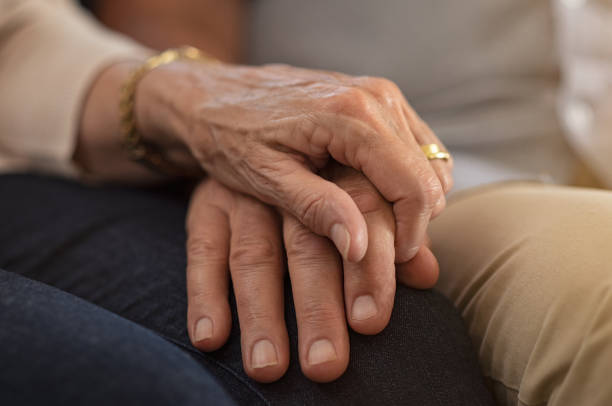
Just before dozing off for a three hours and fifteen minute nap, I caught the first fifteen minutes of “2001, a Space Odyssey” (1968). In that iconic scene, a band of apes (destined to evolve into our ancestors) discovered an alien obelisk (i.e. a gleaming, humming tower from outer space). The famous musical score kept me awake just long enough to see Stanley Kubric’s depiction of the genesis of the human species. In Kubric’s Universe, that shiny, mystical tower imparted upon our simian ancestors tool making capabilities, providing an evolutionary boost that propelled our species toward our current Homo Sapien status.
A colleague of mine (i.e. David Schnarch) has maintained that the human races’ shift to monogamy has accounted for a good portion of positive innovation in the species of Homo Sapiens. Schnarch’s view goes something like this. Most theories of evolution have maintained that necessity is the mother of all genetic innovation in a species. Prior to monogamy, when the going got tough in a relationship, promiscuous hominids would simply scurry off for a different mating opportunity. In this way they could avoid the pesky need to develop complex emotional processes that are the foundation of families and societies. The practice of fidelity to one spouse necessitated brain developments that resulted in a cascade of positive changes to human relationships in general.
According to an evolution-friendly reading of the book of Genesis, God dropped a version of an obelisk into the midst of our ancestors by introducing monogamy. From that point forward, when the going got tough in a relationship, our ancestors would have to apply real intelligence in order to stay successfully bonded with their mate. Pouring monogamy into the mix created a kind of leavening agent to the human condition. With the innovative ingredients of fidelity and intimacy blended in (i.e. marriage), every generation would be seeded with the necessity for ongoing development in order to survive as a husband, wife, family, community and species.
Needless to say, I am no evolutionary biologist. But when I look at the humble data from my own life, it occurs to me that marriage is, in fact, a people growing machine. It is in the crucible of my marriage where I bump into the limits of my own patience, love, and courage. It is within the context of marriage and family living where I most fully encounter a personal poverty that causes me to notice the need to develop into ever more differentiated versions of myself. It is in my marriage and family life where I most thoroughly confront my ego, and the need for a spirituality that allows me strive for egolessness.
My colleague, William Doherty, was the first to describe “the consumer marriage” in which spouses imagine that there is someone out there who may be a better soul-mate than the one that was selected all of those years ago. Riffing off of this insight, Alain de Boton (author of the prescient, “Why You Will Marry the Wrong Person”) has asserted that the perfect marriage is a pernicious myth that robs people of the chance to bloom where they are planted. Having counseled many couples, I often tell them that, “There are some problems that you and your spouse are meant to solve. There are other problems that are meant to solve you.” In any good marriage there are one or two issues that will never fully be resolved. Whatever the issue is, year-after-year, it will require more grace, more patience, more forebearance, more humor to deal with it. Like the irritating sand that finds its way inside the oyster, and is gradually transformed into a pearl, these unsolvable marital issues have a way of transforming people year-after-year into love itself.
Is there a signature issue in your marriage or family that causes you and your spouse to bump up against the limits of your own humanity? In moments like these, it is easy to argue for the rectitude of one’s own position, and the right to remain unchanged. But would you be willing to allow the grace of your marriage to transform you? Would you be willing to reframe this issue as an ongoing divine invitation to evolve into a more spiritually and emotionally mature version of yourself?
